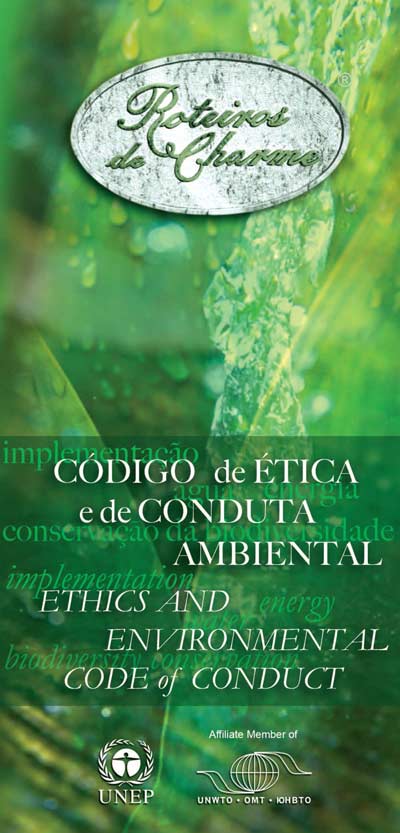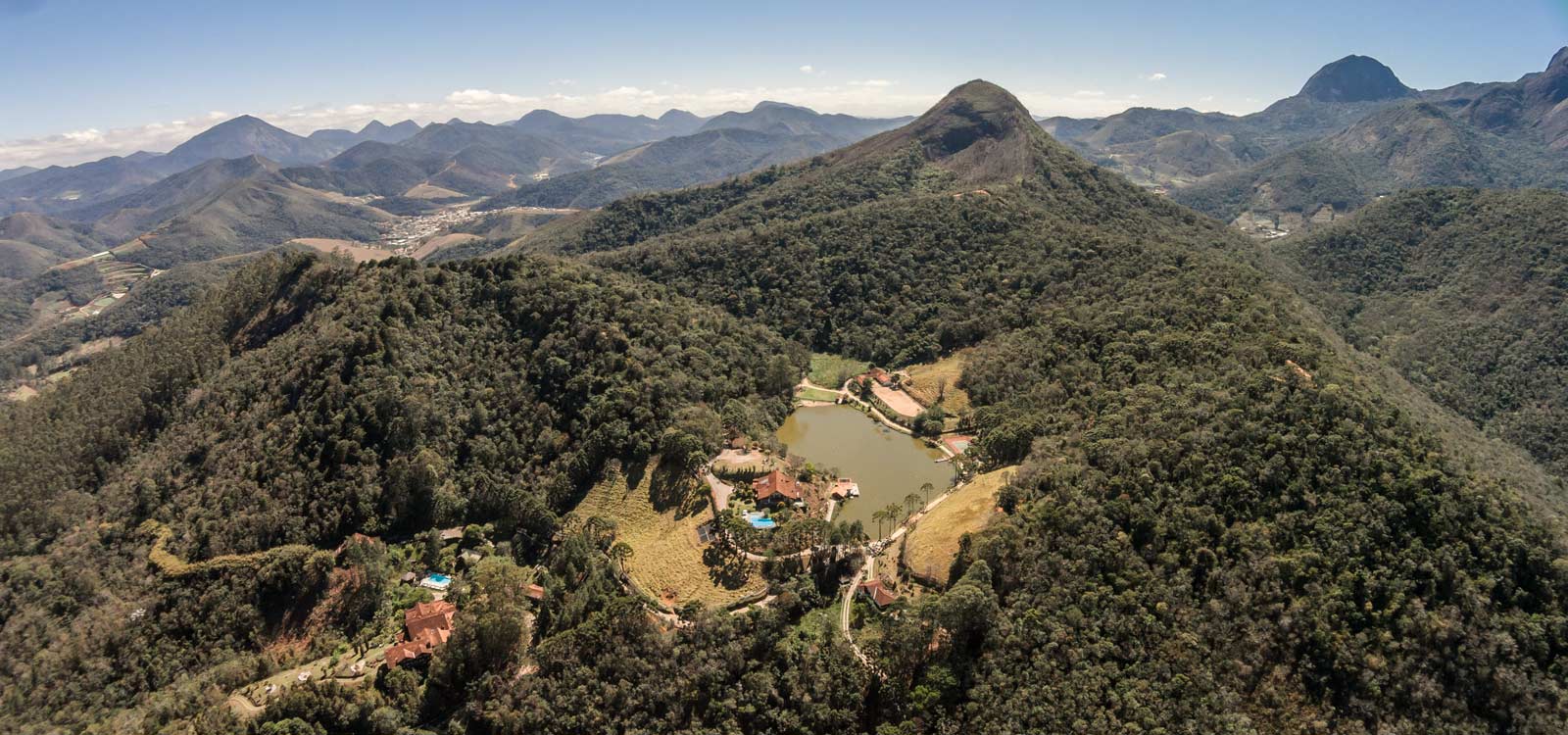For a sustainable development, meeting current needs may not compromise the needs of future generations. With this encouragement, we incorporate to our Standards and Procedures the Environmental Code of Ethics and Conduct (click to view code) that we have developed for this Association, applicable to the entire hospitality industry, available in its entirety at the link below, with the following guidelines:
To ensure the support and participation of mayor partners and administrators in the implementation of environmental practices and engage in the program all parties that provide services to the enterprise, as well as their families.
To identify and minimize environmental impacts and risks, even when planning of new projects and constructions, seeking the preservation of the landscape, the local fauna and flora.
To control and minimize the use of products that are hazardous to the environment, such as asbestos, CFCs, pesticides and toxic materials, corrosive, infectious, explosive or inflammable materials.
To respect locals, religious and historical objects, the population, their cultural values and traditions.
To save energy, eliminating unnecessary lighting using, whenever possible, alternative sources, low consumption bulbs, and automatic controller equipment, such as timers, sensors and thermostats.
To avoid waste and reduce water consumption by checking the existence of leaks, collecting and, when possible, rainwater, looking using showers, valves and equipment that enable better control and reduce its needs.
To adopt the three Rs of environmental awareness: Reduce, Reuse, and Recycle. Analyzing the demand of recyclable materials and the company’s solid waste flow, identifying the main components of the waste produced, for proper storage and recycling purposes. Avoid the use of one-way products and non-recyclable plastic containers.
To eliminate the indiscriminate incineration of waste, pastures and deforestation.
To avoid any leakage of untreated sewage or chemicals hazardous to health, to the sea, water springs and water reservoirs. Add organic consumers bacteria to traditional pits and provide ecological pits for new projects, situated in locations not covered by municipal sewage network.
To reduce noise and atmospheric pollution, lowering the emission of noise and whenever possible, installing filters in exhaust and replacing the refrigerating gases by gases that do not effect the ozone layer





